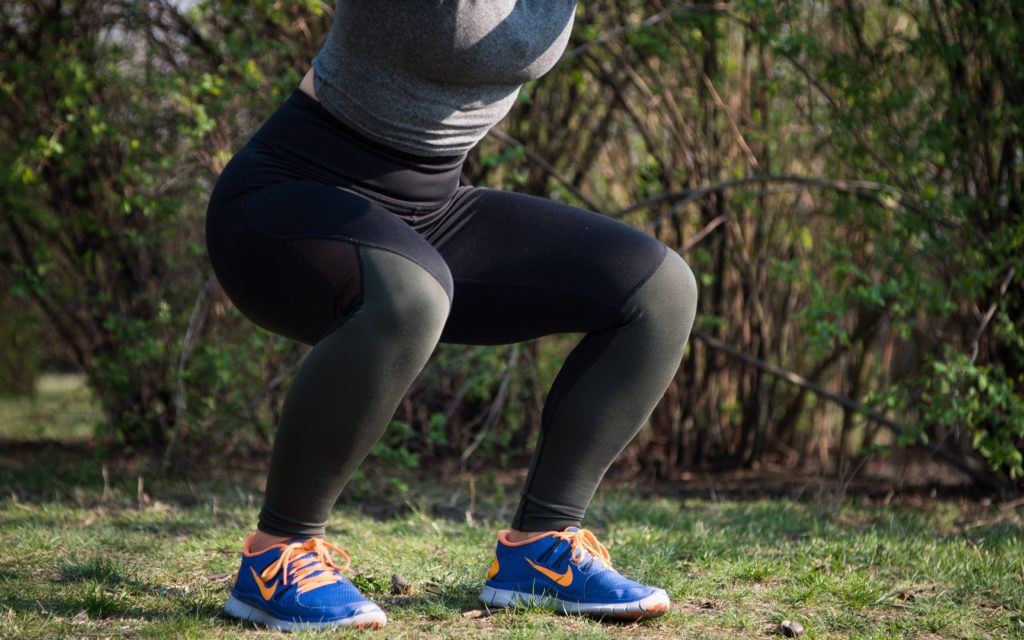Posts Tagged ‘Weightlifting Technique’
Weightlifting (Working Out) – Injuries, Tension, Pain, Strain, and Great Technique (Working Out)(Alexander)(Hurting)(Method)(Posture)(Sports)(Athletes)(Albuquerque)
This ebook, An Alexander Technique Approach to Weightlifting (Working Out), is published on this website in a PDF format. It is very detailed and practical, and it will give you the physical tools you need to take the limits off of your ability to create the weightlifting technique you want without sacrificing your body.
This ebook is also for sale on all AMAZON websites in a KINDLE format.
Located in Albuquerque, New Mexico, U.S.A. (MOVEMENT THERAPY)
I write in detail on most of the standard lifts. They are: squats, leg press, leg extensions, leg curls, adductor machine, abductor machine, calves, abdominals (crunches), bench press, shoulder press machine, upright rows, lat pull machine, biceps curl, and triceps.
It is the intention of this practical detailed ebook to take the weightlifter through each lift using a unique way of describing how to lift. For Example: I talk about lifting without creating compression or hunkering done or immobilizing the body. So that when you prepare your body to lift, you lift with a lengthening spine and not a collapsed locked up chest.
I also talk about lifting without tensing or locking up the part of the body you’re going to exercise. This means if you’re curling a dumbbell, you don’t focus on the biceps, you arc the dumbbell without locking the biceps before you curl the weight.
A basic concept in lifting in this ebook is that you turn up the volume in your body to meet the weight, and you do this without compression. So, if you’re squatting, you obviously have more dynamic in your back than when you’re not lifting. In this ebook, though, you want to have a powerful lengthening back to meet and support the weight on your shoulders, rather than sinking down in your body to meet the weight.
The habit of hunkering down to weightlift is almost universal, if you look around a fitness gym. It does require a conscious choice to change the way you lift, if you don’t want to hurt yourself at the same time you’re getting in shape. Think about it – isn’t there something wrong with the consistent belief among those that work out to get into anaerobic shape, you have to do damage to the joints in your body?
When I was in the Alexander Technique training at the American Center for the Alexander Technique in New York, I was a real paradox to the teachers. I had been an aspiring concert guitarist, and I had also been a weightlifter, and I was still lifting heavy free weight and using the weight machines, even as I was in the Alexander Technique training. (At one time I had squatted 500 pounds and bench pressed 410 pounds.)
The one thing I have consistently done my whole life is lift weights, even after I stopped pursuing a concert career. So, I wrote this ebook having used the Alexander Technique principles to take care of myself in the weight room. I have rarely been injured lifting, and these principles have made it possible to do what I’ve always done in the weightlifting, which is lift fairly heavy and do as many repetitions as I choose to do and can still do at 60.
